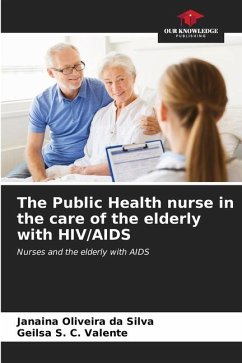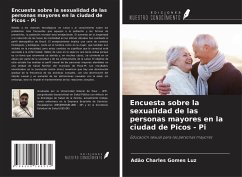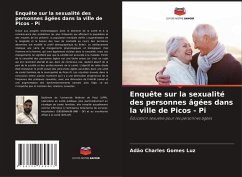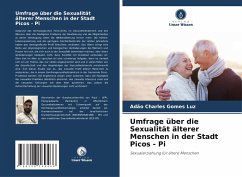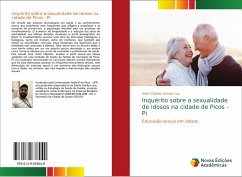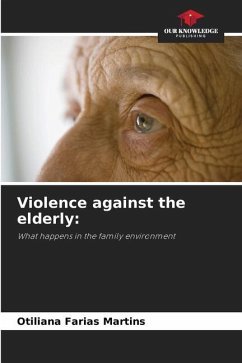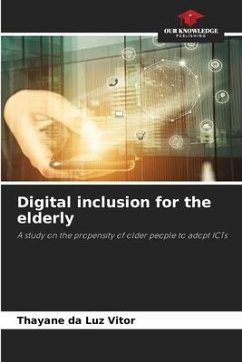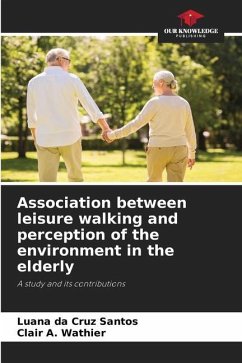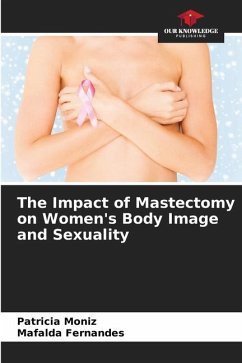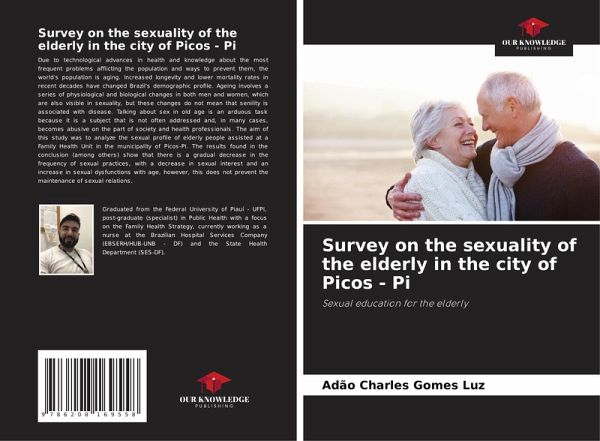
Survey on the sexuality of the elderly in the city of Picos - Pi
Sexual education for the elderly
Versandkostenfrei!
Versandfertig in 6-10 Tagen
27,99 €
inkl. MwSt.

PAYBACK Punkte
14 °P sammeln!
Due to technological advances in health and knowledge about the most frequent problems afflicting the population and ways to prevent them, the world's population is aging. Increased longevity and lower mortality rates in recent decades have changed Brazil's demographic profile. Ageing involves a series of physiological and biological changes in both men and women, which are also visible in sexuality, but these changes do not mean that senility is associated with disease. Talking about sex in old age is an arduous task because it is a subject that is not often addressed and, in many cases, beco...
Due to technological advances in health and knowledge about the most frequent problems afflicting the population and ways to prevent them, the world's population is aging. Increased longevity and lower mortality rates in recent decades have changed Brazil's demographic profile. Ageing involves a series of physiological and biological changes in both men and women, which are also visible in sexuality, but these changes do not mean that senility is associated with disease. Talking about sex in old age is an arduous task because it is a subject that is not often addressed and, in many cases, becomes abusive on the part of society and health professionals. The aim of this study was to analyze the sexual profile of elderly people assisted at a Family Health Unit in the municipality of Picos-PI. The results found in the conclusion (among others) show that there is a gradual decrease in the frequency of sexual practices, with a decrease in sexual interest and an increase in sexual dysfunctions with age, however, this does not prevent the maintenance of sexual relations.





